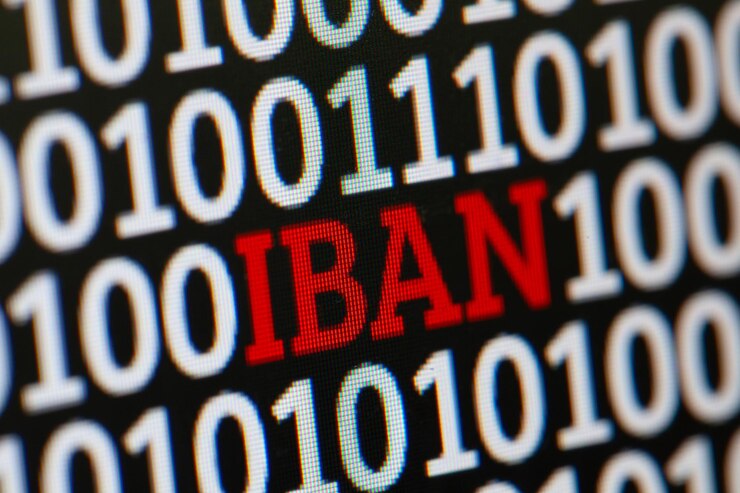Do you want an API that will help you to validate any IBAN codes? You are in the right place!
First of all, what are IBANs? IBANs are codes that are used to identify bank accounts globally and to carry out international money transactions. The letters and numbers that make up an IBAN, also known as an international bank account number, are used to specify a country, a check number, a bank, and account information. IBANs are used by banks to make sure transfer payments go to the right place. The Society for Worldwide Interbank Financial Telecommunications (SWIFT) catalogs the IBAN format information of nations that adhere to the most recent IBAN standards in the IBAN registry. The IBAN registry contains details about each country’s IBAN format, including the country code, the number of characters in the IBAN and BBAN, the number of characters in the bank and/or branch IDs, and other relevant information like if the nation is a SEPA member.

What’s the difference between IBANs and SWIFT codes?
International money transfers both use IBANs and SWIFT numbers; however, IBANs specify the unique bank account number while SWIFT codes identify the location of a particular bank.
What’s the difference between IBANs and BICs?
The location of a bank is identified by a Bank Identifier Code (BIC), which is the same as a SWIFT code, whereas a bank account number is identified by an IBAN.
What’s the difference between IBAN and SEPA?
A payment mechanism called the Single Euro Payment Area (SEPA) makes it possible to send and receive solely euros between European nations. In contrast, IBAN is utilized for international money transactions and supports transfers in multiple currencies.
Do I always need to use an IBAN?
Perhaps—not all nations want an IBAN in order to send money. In Spain, you must always use an IBAN for both domestic and international money transfers, regardless of how you transmit the money (in person, online, via an app, etc.). If you are sending a cross-border payment and the bank of your recipient is located in a nation that uses the IBAN system, an IBAN will probably be needed. Currently, the IBAN system is not utilized in the United States. Instead, ABA routing numbers and SWIFT codes are used by U.S. bank accounts for local and international money transfers, respectively.
IBAN Validator API
Use this Bank Account Number API to rapidly validate any bank account information (IBAN, BIC/SWIFT, and BBAN). Automate the management of bank account details processes and acquire banking requirements that are country-specific. Use this API to programmatically validate any bank account information (IBAN, BIC/SWIFT, and BBAN). It can create an IBAN and validate any number from any Euro country. IBAN will be received by this API, which will also give the validation. You’ll know if the number is legitimate if it is. Additionally, it obtains more data on the Bank, giving you more specifics about the account’s location. You will have the chance to verify your provider’s IBAN number using this API before completing any transactions. The location of the account will be known to you. You will be made aware in advance of any taxes that must be added to your transactions. This BBAN Validator API makes it simple to convert BBAN numbers to IBAN. You will automatically generate these numbers for them if you need to give someone outside of your nation access to your bank information because they will need IBAN.





